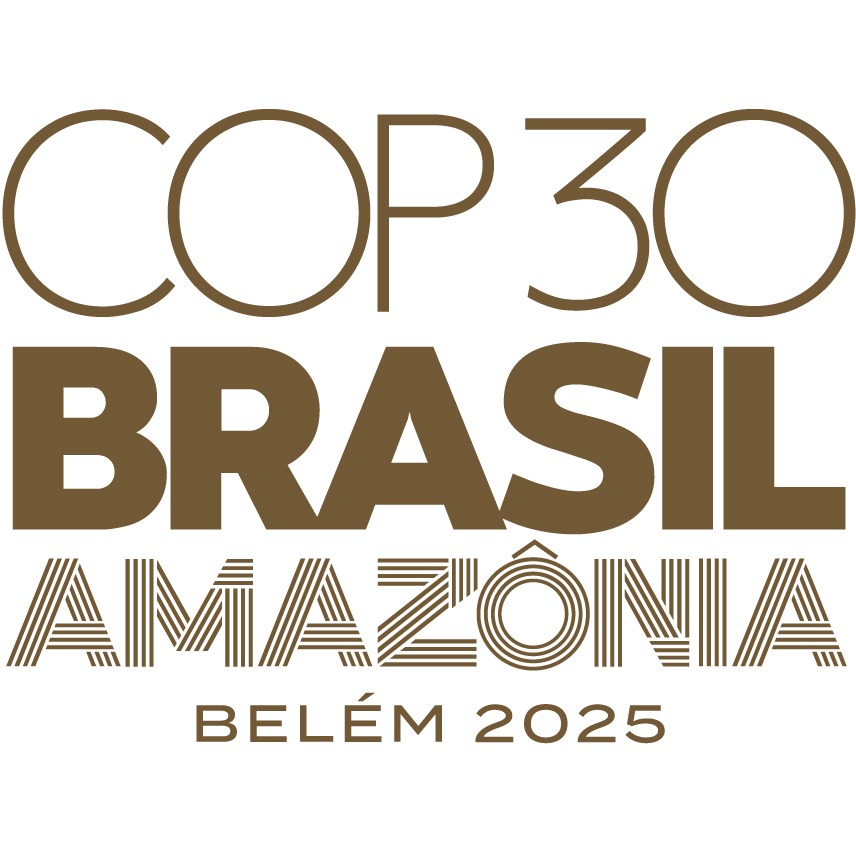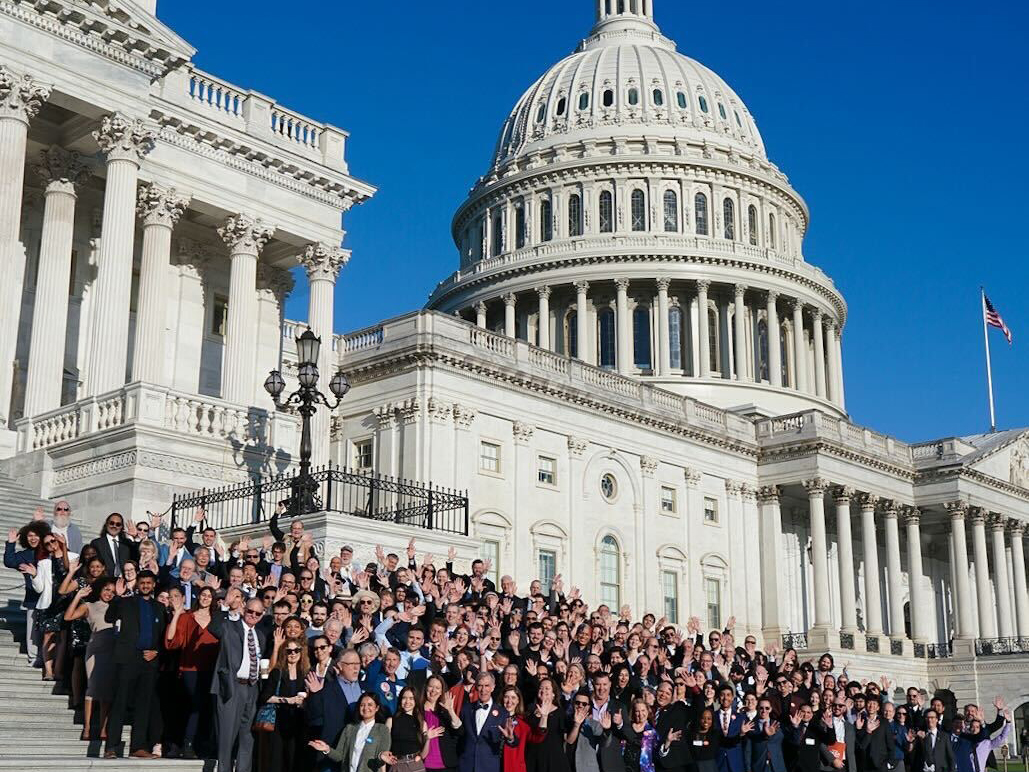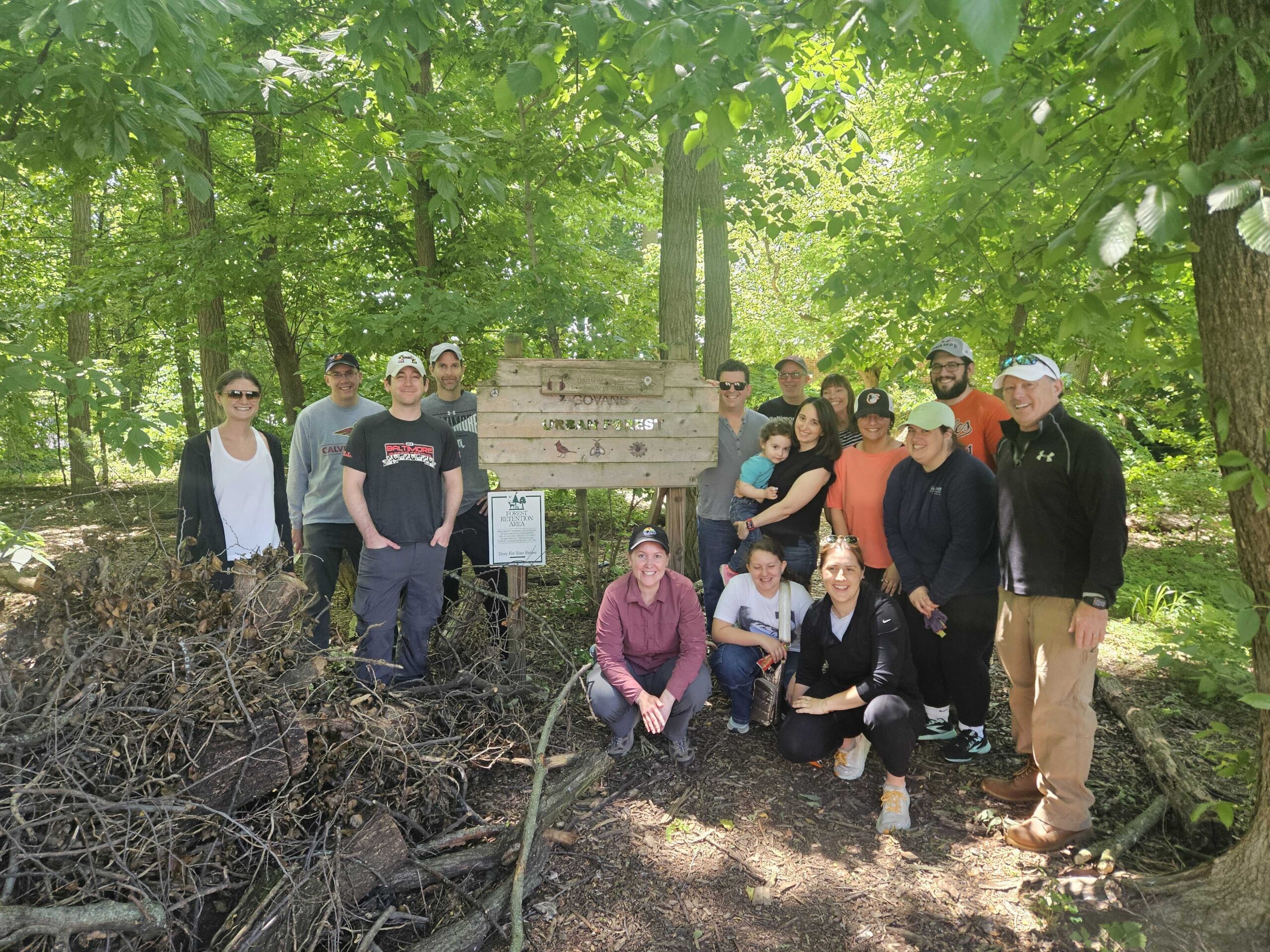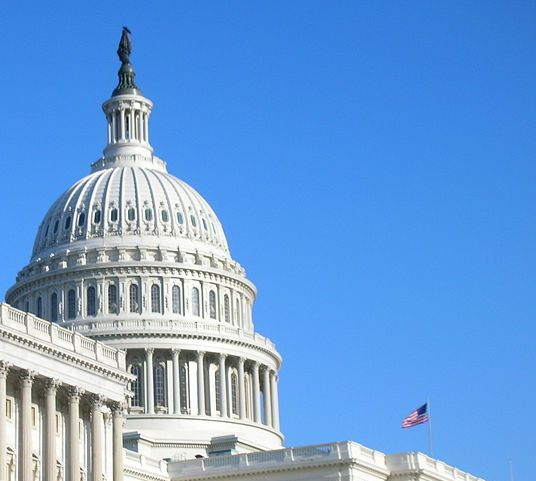
Call for Experts: Review the Draft United by Nature Assessment
Help NASEM review the United by Nature assessment report.

I write to inform you of an important upcoming change to Frontiers in Ecology and the Environment. Our December 2023 issue will be the last we produce in print; thereafter, Frontiers will transition to online-only publication.
Read More
The ESA Black Ecologists Section and the Ecological Society of America would like to celebrate Black History Month and the many contributions of past and present Black ecologists and environmentalists. We are thankful for all the Black scientists who helped advance the field of ecology and related disciplines, which has inspired Black scholars of today. During a time when there are still efforts to erase or undermine the achievements of Black scientists, it is imperative to elevate, commemorate, and celebrate their contributions throughout history, around the world, and into the future.
Read More
The Katherine S. McCarter Graduate Student Policy Award Applications are now being accepted. ESA is now accepting applications for its 2021 Katherine S. McCarter Graduate Student Policy Award. Offered each year, this award gives graduate students science policy training and opportunities to meet with lawmakers on Capitol Hill. Visit the ESA website for more information and details on application requirements. The deadline…
Read More
Help NASEM review the United by Nature assessment report.

By Astrid Caldas The crowds came. The Indigenous peoples staked their claims to representation and rights to land. The connection between biodiversity and climate change is a priority topic in this “Amazon COP”, as are synergies across the three Rio Conventions – which together address the interconnected challenges of climate change, desertification and biodiversity loss. The negative biodiversity impacts of…

Earlier this week, I joined nearly 300 participants in Washington, D.C., for the Day of Action to Save NASA Science, organized by the Planetary Society and supported by 20 partner organizations.
A comprehensive survey of scientists across ecology, evolution, and marine science has revealed significant disruptions to federal research programs following executive branch actions that began January 20, 2025.

This year, ESA’s annual meeting offset donation is going to Baltimore’s only environmental land trust.
ESA members, I am especially pleased with all that ESA was able to accomplish in 2024. The year began with staff supporting the strategic planning process, led by President-elect Stephanie Hampton, gathering information and feedback from many constituents. The ESA Governing Board adopted a new 3-year strategic plan in May, and rolled it out to the membership at the Annual…
This letter to our members is by Past President Shahid Naeem It’s my honor as 2024 ESA President to write a letter to the members, to sum up our accomplishments and introduce the full annual report. Since we realistically have to wait until the year is over to work on that, we typically don’t start until late in the winter…

ESA staff recently attended an event on Capitol Hill highlighting the importance of federal support for R&D

Don’t miss the exciting lineup of events focused on policymaking, communication and real-world impact at ESA’s Annual Meeting.